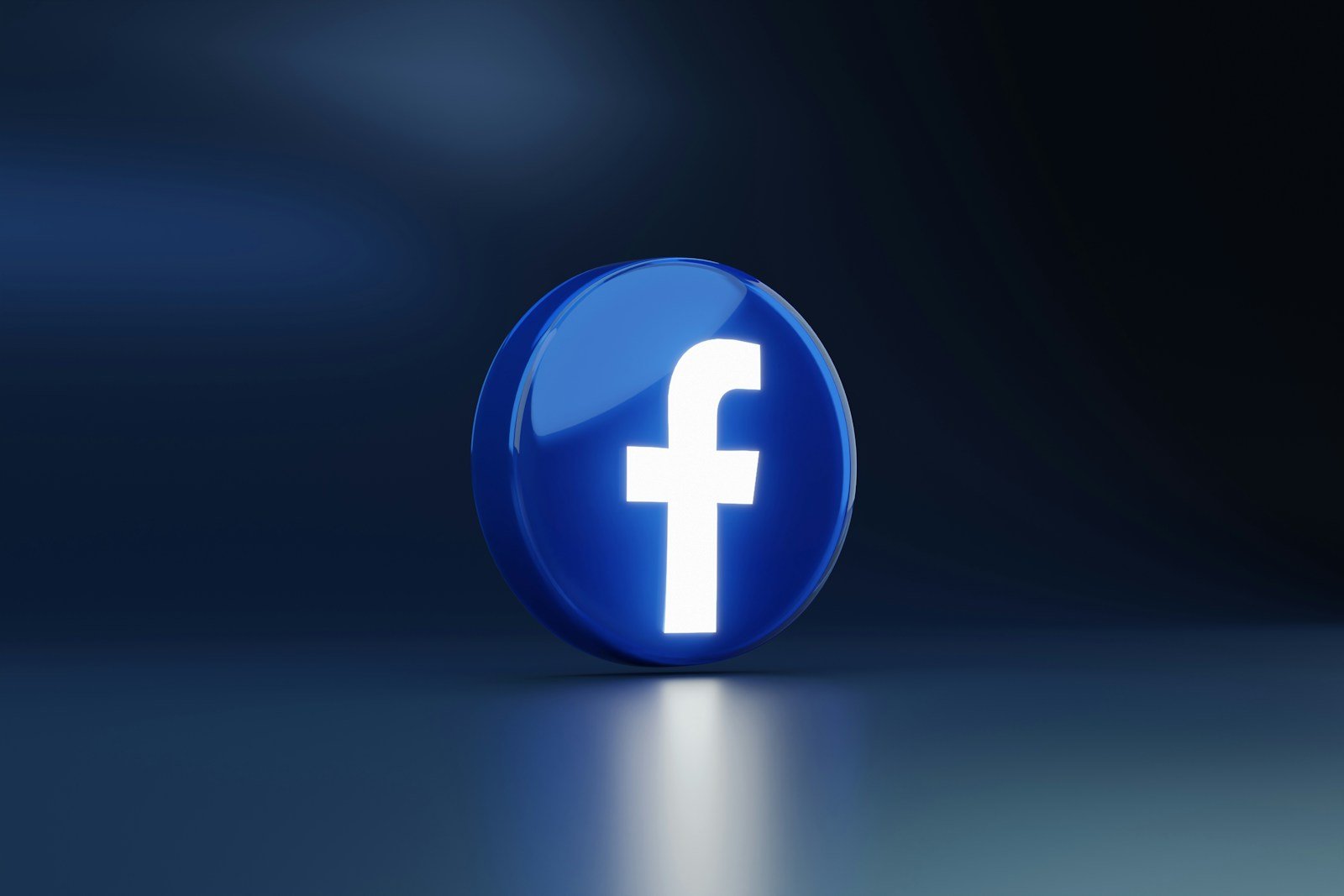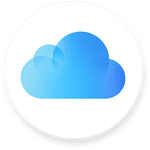Social media has its own language — and Facebook is no exception. From cryptic abbreviations to inside jokes and trending hashtags, Facebook slang helps users communicate faster, show emotion, and connect with online communities.
Whether you’re new to Facebook or just trying to decode what your friends are posting, this guide covers the most common Facebook slang, acronyms, and phrases you’ll see in posts, comments, and messages.
💬 Why Facebook Users Use Slang
Facebook slang has evolved over time as users looked for quicker, more expressive ways to interact. Some reasons include:
- Speed: Short forms make typing faster.
- Tone: Acronyms and emojis help convey emotion or humor.
- Community identity: Certain groups or generations use slang to feel connected.
- Character limits: Shortened text fits better in comments, captions, or statuses.
🧠 Common Facebook Slang, Acronyms, and Phrases
Here’s a table of the most common terms you’ll encounter, along with their meanings and usage examples.
| Term / Acronym | Meaning | Example Usage |
|---|---|---|
| LOL | Laughing Out Loud | “That meme made me LOL!” |
| LMAO | Laughing My *** Off | “You’re too funny, LMAO 😂” |
| BRB | Be Right Back | “Hold on, BRB.” |
| BTW | By The Way | “BTW, did you see my new post?” |
| IMO / IMHO | In My Opinion / In My Humble Opinion | “IMO, that’s the best movie ever.” |
| IDK | I Don’t Know | “IDK what to say about that.” |
| TBH | To Be Honest | “TBH, I didn’t like that post.” |
| TBT | Throwback Thursday | “#TBT to our vacation last year!” |
| DM / PM | Direct Message / Private Message | “DM me the details.” |
| FB | “Saw it on FB earlier.” | |
| FBF | Flashback Friday | “FBF to my college days!” |
| SMH | Shaking My Head | “SMH, people are wild.” |
| OMW | On My Way | “OMW to the party!” |
| BFF | Best Friends Forever | “Hanging out with my BFF 💕” |
| ROFL | Rolling On the Floor Laughing | “ROFL at that comment 😂” |
| ICYMI | In Case You Missed It | “ICYMI, here’s the latest update.” |
| FOMO | Fear Of Missing Out | “I have major FOMO seeing those pics.” |
| AMA | Ask Me Anything | “AMA about my new job!” |
| NSFW | Not Safe For Work | “NSFW — don’t open this at the office.” |
| TL;DR | Too Long; Didn’t Read | “TL;DR: It was awesome!” |
| IRL | In Real Life | “Met my online friend IRL today!” |
| TIA | Thanks In Advance | “Can someone help me? TIA!” |
| YOLO | You Only Live Once | “Booked the trip — YOLO!” |
| JK | Just Kidding | “You’re fired! JK 😂” |
| WBU | What About You? | “I’m good, WBU?” |
| IDC | I Don’t Care | “IDC what they think.” |
| WYD | What You Doing? | “Hey, WYD tonight?” |
| HMU | Hit Me Up (contact me) | “If you’re free, HMU later.” |
| OOTD | Outfit Of The Day | “#OOTD for brunch!” |
| LDR | Long-Distance Relationship | “LDR life is tough.” |
| GOAT | Greatest Of All Time | “MJ is the GOAT 🐐” |
| TL | Timeline | “Check my TL for updates.” |
| FB Jail | Temporary Facebook ban | “Got put in FB Jail again 😅” |
| Tag | Mention someone in a post | “Tag me in that photo!” |
| Poke | A playful nudge or hello (old feature) | “Remember when we used to poke each other?” |
| React | Respond to a post with an emoji | “She reacted with a heart ❤️” |
📱 Facebook-Specific Phrases
Some slang is unique to Facebook’s culture and features:
- “Add me” – A request to become friends on Facebook.
- “Unfriend” – To remove someone from your friend list.
- “Snooze for 30 days” – Temporarily hide someone’s posts without unfriending them.
- “Tag me” – Ask someone to mention or link your profile in a post or photo.
- “Share if you agree” – Common phrase on viral posts encouraging engagement.
- “Feeling [emotion]” – A status update style (e.g., “Feeling blessed 🙏”).
🕹️ How to Keep Up With Facebook Slang
- Observe context: Look at how others use the term.
- Ask or search: If unsure, a quick Google or Facebook search helps.
- Stay updated: Slang evolves — what’s trendy today might fade tomorrow.
- Avoid overuse: Use slang naturally; too much can seem forced or confusing.
💡 Final Thoughts
Facebook slang is a fun, fast-moving language that reflects how people communicate online. Whether it’s abbreviations like LOL or platform-specific terms like FB Jail, understanding these phrases helps you engage more naturally on the platform.
So next time you scroll through your feed and see something like “ICYMI, throwback to our trip! #TBT”, you’ll know exactly what it means. 😉
TBA?
When browsing Facebook events or announcements, users may come across the abbreviation “TBA.” This term stands for “To Be Announced” and is quite common on social media platforms. It signals that certain details, such as dates, times, or locations of events, are not yet confirmed. Organizers use TBA to inform potential attendees that the information will be provided in the future once arrangements have been made. This placeholder allows them to share the event without having finalized all the specifics.
Understanding how TBA is used can enhance user experience on Facebook. It serves as a heads-up to stay tuned for updates. TBA communicates to the audience that the organizers acknowledge the missing pieces and are working to settle the details. It’s especially useful for keeping the interest alive without committing to specifics too early and having to issue corrections later.
Key Takeaways
- TBA means “To Be Announced” on Facebook and signals upcoming details.
- It is a placeholder for yet-to-be-confirmed event information.
- Recognizing the use of TBA helps users stay informed about future updates.
Understanding TBA on Facebook
When one sees TBA on Facebook, it typically signals that something is yet to be finalized. From events to announcements, this acronym helps manage expectations by indicating more information will come.
Definition and Usage
TBA stands for To Be Announced. This term is used on Facebook when specific details, such as the time or date of an event, are not confirmed. It serves to tell users that they will receive updates as they become available.
Contexts of TBA
In various conversations, TBA could mean details are not yet agreed upon or that an organizer is still planning. On Facebook, one might see TBA within group discussions or event pages, suggesting that attendees should stay tuned as the event’s aspects, like venue or time, are in anticipation of confirmation.
Events and Scheduling
Event organizers often use TBA when creating public invitations on Facebook. The term indicates that important aspects, like the event schedule, are still to be arranged. Attendance, date, and other event details remain open until further updates.
Other Related Acronyms
Alongside TBA, one might come across TBC (To Be Confirmed) or TBD (To Be Determined). While TBA indicates an announcement will be made once details are available, TBC and TBD often suggest that the information is being withheld or has yet to be finalized. These initialisms are not unique to Facebook but are used across various platforms for clarity and convenience.







